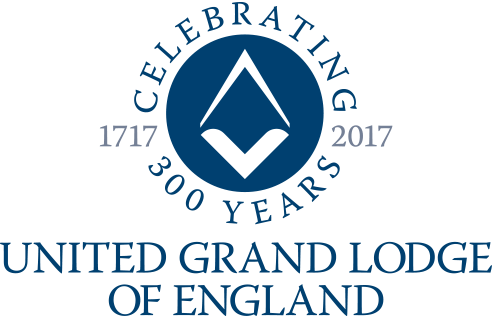Freemasonry means different things to each of those who join. For some, it’s about making new friends and acquaintances. For others it’s about being able to help deserving causes – making a contribution to family and society. But for most, it is an enjoyable hobby.
Our values are based on integrity, kindness, honesty and fairness.
Freemasonry is one of the world’s oldest and largest non-religious, non-political, fraternal and charitable organisations. It teaches self-knowledge through participation in a progression of ceremonies. Members are expected to be of high moral standing and are encouraged to speak openly about Freemasonry. The following information is intended to explain Freemasonry as it is practised under the United Grand Lodge of England, which administers Lodges of Freemasons in England and Wales and in many places overseas.
Freemasonry is a society of men concerned with moral and spiritual values. Its members are taught its principles (moral lessons and self-knowledge) by a series of ritual dramas – a progression of allegorical two-part plays which are learnt by heart and performed within each Lodge – which follow ancient forms, and use stonemasons’ customs and tools as allegorical guides.
Freemasonry instils in its members a moral and ethical approach to life: its values are based on integrity, kindness, honesty and fairness. Members are urged to regard the interests of the family as paramount but, importantly, Freemasonry also teaches concern for people, care for the less fortunate and help for those in need.
Charity
From its earliest days, Freemasonry has been concerned with the care of orphans, the sick and the aged. This work continues today.
In addition, large sums are given to national and local charities.


